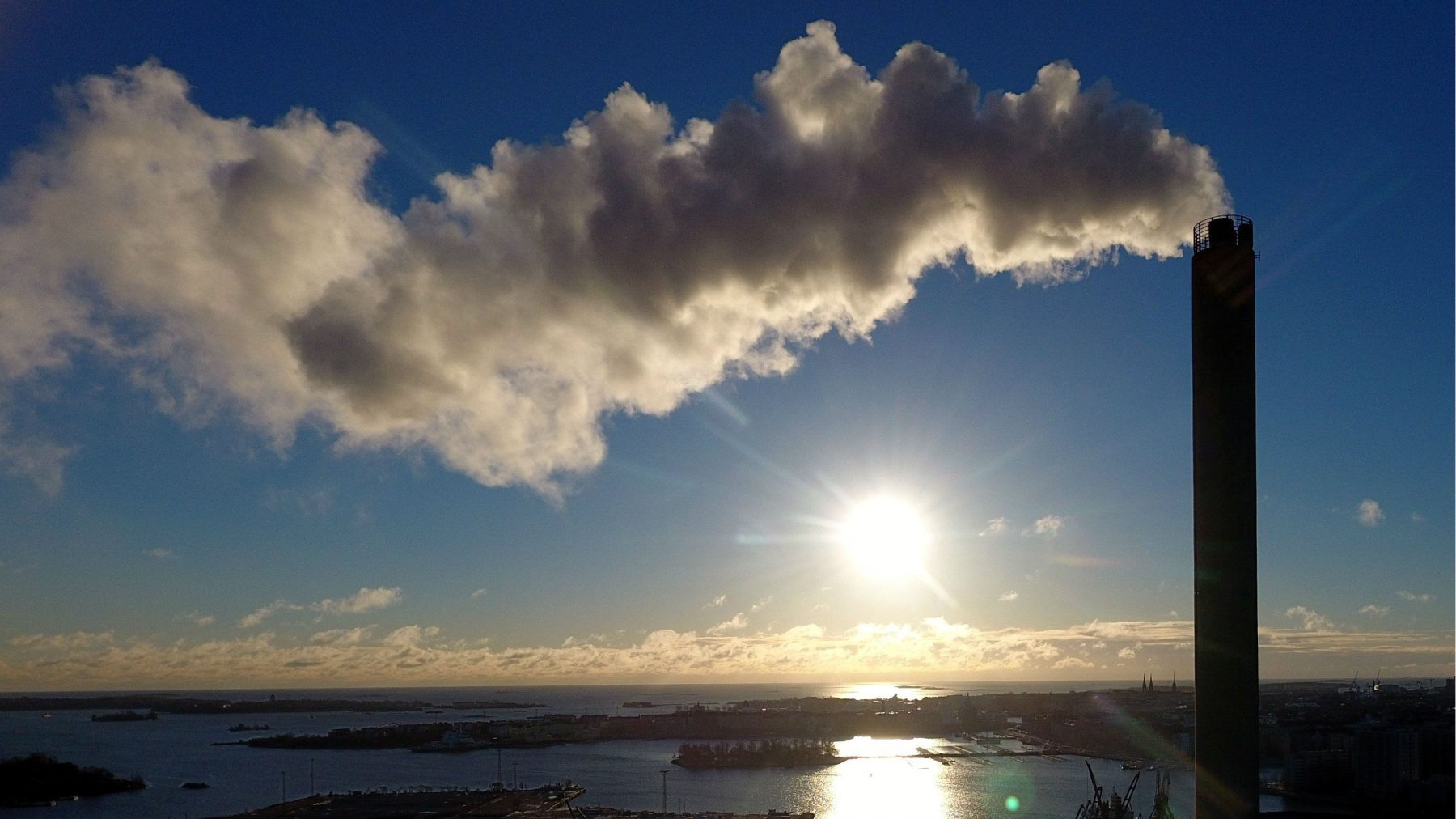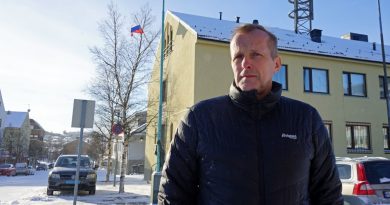Finland has a ‘big responsibility’ for biodiversity loss, says researcher

With one million species at risk, the devastating impact humans have had on nature was revealed in an extensive UN report released on Monday in Paris.
Three years in the making, the assessment draws on 15,000 reference materials, and was compiled by the Intergovernmental Science-Policy Platform on Biodiversity and Ecosystem Services (IPBES).
According to the report nature everywhere is declining at an unprecedented speed as the need for increasing amounts of food and energy grow.
”What has been highlighted in this report about the weak state of nature and it’s threat to people is not new. However, these are now more prominent in the form of this historical report,” says professor Janne Kotiaho, chairperson of the Finnish Nature Board, which is the domestic affiliate of the IPBES and who was part of the Finnish team.
Real threat to plants, animals and people
The comprehensive “Global Assessment Report on Biodiversity and Ecosystem Services” by the IPBES for the United Nations is the first intergovernmental report of its kind. Based on the systematic review of about 15,000 scientific and government sources, the report was compiled by 145 expert authors from 50 countries over the past three years, with contributions from another 310 authors.
The report estimates that one in eight of the eight million known species is endangered and the destruction rate of hundreds of thousands of species will continue if the change is not slowed down or stopped. Scientists estimate that at least more than one third of the Earth’s nature will be destroyed by 2050.
Kotiaho, a professor of ecology at the University of Jyväskylä, who is a member of the Finnish group, says it’s harder to reverse the development of species and plant destruction than to address climate change.
“Biodiversity is a more difficult thing to manage than climate change, although it is not easy to deal with climate change,” says Kotiaho.
According to professor Kotiaho, the Finnish board went through various models of how change can be achieved, and the change always required major political and economic changes in how goods and products are made and consumed.
“Environmentally harmful subsidies must be removed and on the consumption side products that are harmful to the environment need to become more expensive in order to reduce their consumption,” says Kotiaho.
The Organization for European Economic Co-operation (OECD) has estimated that in 2015, some 100 billion euros of agriculture which was likely to environmentally damaging was supported in the organisation’s member countries.
Finland’s situation not much better
The assessment of world’s state of nature corresponds to a new assessment of the state of Finnish species that was published earlier this year.
According to Kotiaho, however, conservation and other biodiversity measures have partly worked and the state of nature in Finland is better than in some other countries, but that does not mean that Finland is doing well environmentally.
“Finland is dependent on imports and Finns travel a lot abroad, so Finns share a big responsibility for the state of nature in the world,“ says Kotiaho. “Finns are at the forefront of destroying the whole planet. Our consumption, our way of life and our choices cause terrible harm to the world,” he says, adding, “Major lifestyle changes are a solution, which is what the IPBES panel has also recommended.”
Related links from around the North:
Canada: Northern Canada warming at three times the global rate, report finds, CBC News
Finland: U.S., Russia thwarting black carbon reduction efforts in Arctic, says Finland, Yle News
Norway: Temperatures on Svalbard have been above normal for 100 straight months, The Independent Barents Observer
Russia: Warmest winter ever on the Northern Sea Route, The Independent Barents Observer
Sweden: Norway asks Sweden to take part in carbon capture project, Radio Sweden
United States: 2018 was the 4th-warmest year on record, NOAA and NASA reveal, CBC News



